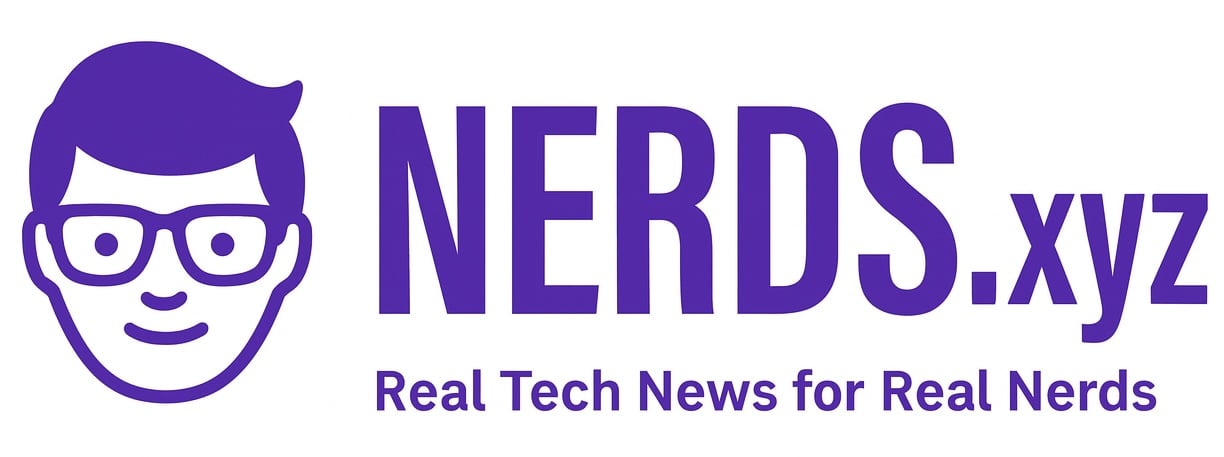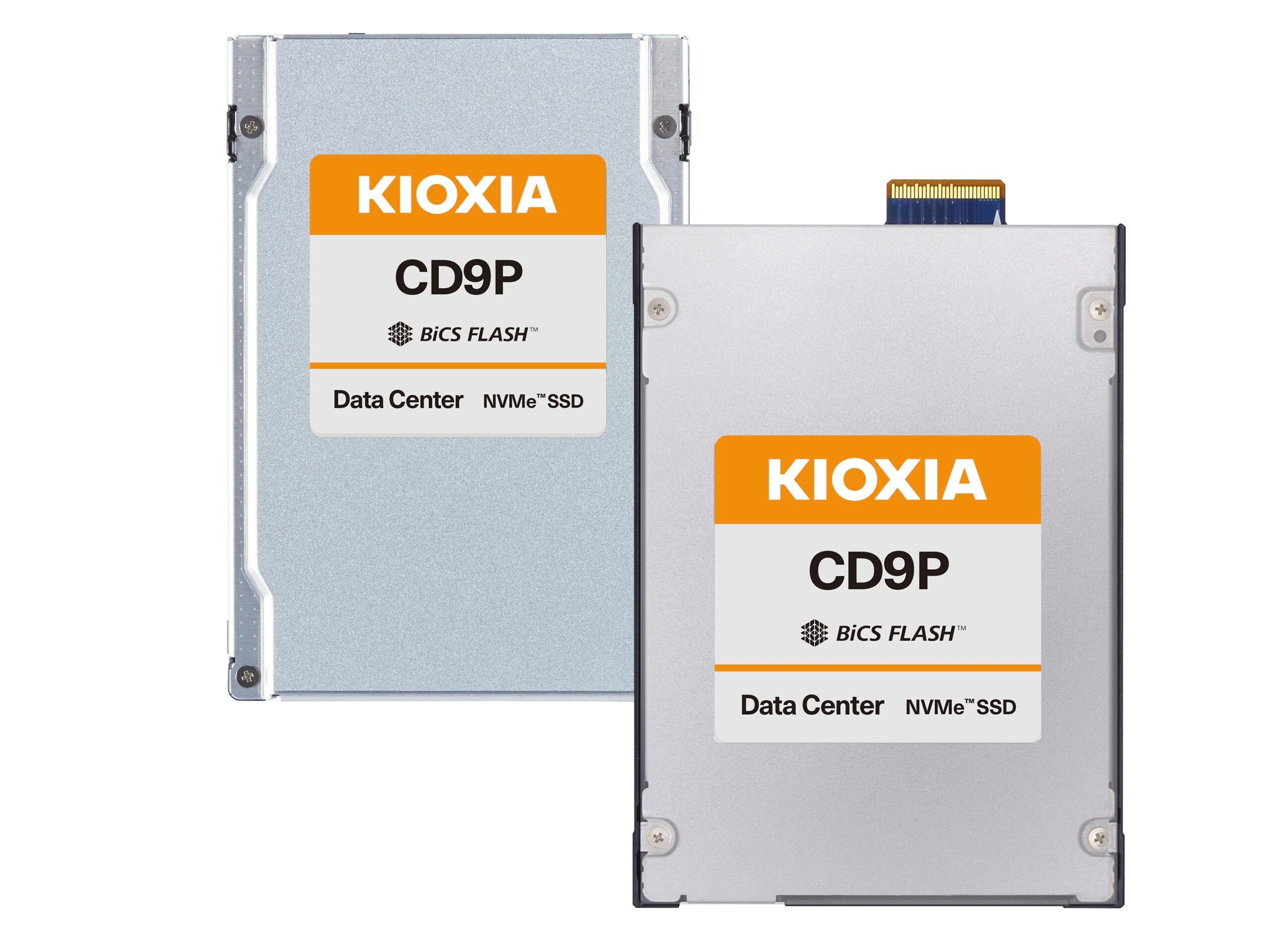KIOXIA has announced a new line of high-performance solid state drives built for the modern data center. The CD9P Series PCIe 5.0 NVMe SSDs are engineered to handle the extreme demands of artificial intelligence, high-performance computing, and machine learning workloads.
The CD9P Series is powered by KIOXIA’s eighth generation BiCS FLASH memory. It uses TLC-based 3D NAND and features a CBA architecture. CBA stands for CMOS directly bonded to array, and that design helps reduce heat, boost storage density, and improve power efficiency. According to KIOXIA, this new approach allows the drives to hold up to twice the capacity of the previous generation.
Performance numbers are impressive. The drives can hit 14.8 gigabytes per second when reading data and up to 7 gigabytes per second on writes. Random read speeds top out at 2.6 million IOPS while random writes hit 750 thousand. That kind of performance keeps data moving fast enough to make sure GPUs are never left waiting.
The CD9P Series comes in two form factors. There is a 2.5-inch version that goes up to 61.44 terabytes and an EDSFF E3.S version that caps out at 30.72 terabytes. Both are available in read-focused and mixed-use endurance options depending on the workload.
Efficiency is a big part of the story here. KIOXIA says the 15.36TB model improves performance per watt by around 60 percent for sequential reads and 45 percent for writes. Random operations see even more gains, including up to double the write performance per watt. Overall, performance is improved across the board compared to earlier models.
These drives support PCIe 5.0 and NVMe 2.0. They also support part of the Open Compute Project’s Datacenter NVMe SSD spec and include CNSA 2.0 signing algorithm support to help defend against future quantum computing threats.
KIOXIA says the CD9P Series is already being sampled by select customers. It did not say when full availability will begin or what the pricing will look like. Given the specs, these drives are clearly targeting serious enterprise and hyperscale deployments.


